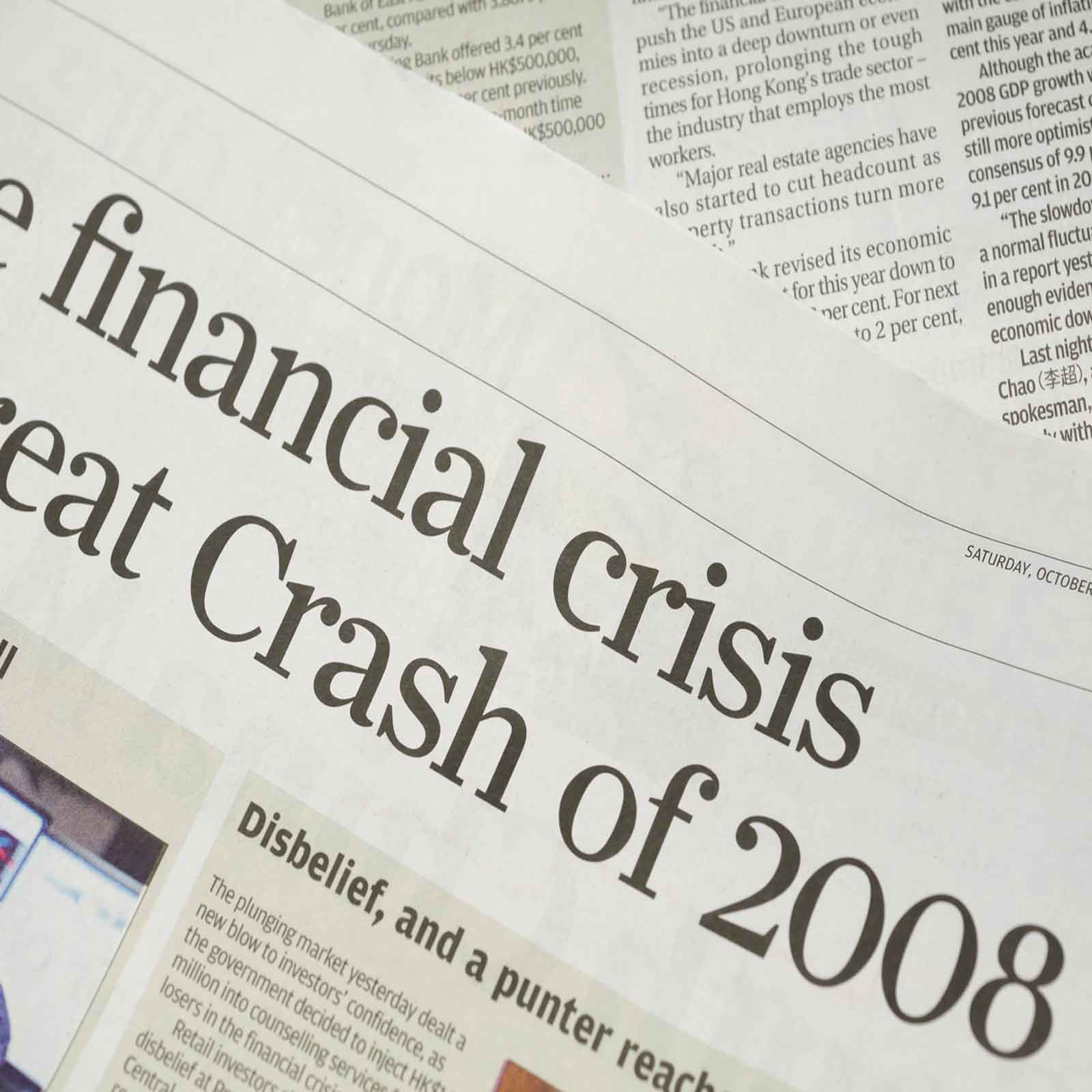Best-selling author and former Lehman Brothers trader Jared Dillian explains why Lehman Brothers wasn’t bailed out in 2008 on a recent podcast. Despite its systemic risk, there are two key reasons it wasn’t bailed out… The first had to do with the illiquid nature of its assets, and the second involves the company’s former CEO, Dick Fuld.
Illiquid Assets Sunk Lehman Brothers
Dillian explains that,
“Lehman had bought about 40 billion dollars worth of physical real estate all over the world. Desert in California, condos in Scotland, apartment buildings. And, it was stuff that was going to take ten years to liquidate. So, if the government had bailed out Lehman, it would have been a huge mess selling off all these illiquid assets.”
Perhaps a lesson for investors who have too much capital tied up in illiquid assets…
In a crash or crisis, one never wants difficulty shoring up liquidity. First, it can prevent you from selling before the bottom falls out; secondly, with liquidity, one can take advantage of the bargains presented during market corrections.
Relationships Matter on Wall Street
The second reason, and more surprising in some ways, involves revenge. Richard Severin Fuld Jr., also known as Dick Fuld, was the final Chairman and CEO of Lehman Brothers. Fuld held this position from April 1, 1994, after the firm’s spinoff from American Express, until September 15, 2008. Fuld’s demise began ten years earlier when Long-Term Capital Management (LTCM) nearly went bust. The highly leveraged hedge fund received a $3.6 billion bailout in 1998 from 14 banks. The deal was brokered and put together by the Federal Reserve Bank of New York. Only one large Wall Street bank refused to participate in the bailout… Lehman Brothers. So, when it came time for Lehman to be bailed out in 2008, the banks and the Federal Reserve let them and Dick Fuld fail.
Lessons from LTCM’s Bailout and Failure
LTCM has quite a short but exciting history. Founded in 1994 by John Meriwether, the former vice-chairman and head of bond trading at Salomon Brothers, they came out swinging. LTCM posted annualized returns (after fees) of around 21% in its first year, 43% in year two, and 41% in its third year. Astounding returns by any measure, but in 1998, it was destroyed by over-leveraging. It lost $4.6 billion in less than four months due to exposure to the 1997 Asian and 1998 Russian financial crises. Without the high leverage, they may have survived, but even with the bailout, the fund was liquidated and dissolved in early 2000.
Avoid the Three L’s: Liquor, Ladies, and Leverage
Sadly, John Meriwether likely never heard the long adage of legendary investor Charlie Munger. The famed Warren Buffett remarked in a CNBC Squawk Box interview many years ago,
“My partner Charlie says there is only three ways a smart person can go broke: liquor, ladies and leverage.” He continued, “Now the truth is — the first two, he just added because they started with L — it’s leverage.”
Stock Market Crash in Q3 or Q4?
Chris Vermeulen, the founder and Chief Market Strategist for The Technical Traders, believes the current economic cycle shows signs of a slowdown. He considers both the stock market and economic cycles near the peak and are about to roll over. Despite these warnings, the markets continue to rise, with indices hitting fresh all-time highs today, July 3.
Vermeulen warns that companies spending millions on expansion will be sorry, as, in his view, economic activity is set to decline.
From a potential Lehman Brothers type of event to fear-inducing forecasts, the market is always challenging. But with most Western nations deeply indebted and no end in sight to deficit spending, a currency or debt crisis could be looming. Lessons from the 2008 crisis, and forecasts of potential tops should be reviewed and taken into consideration when forming your own market thesis.
